When your child catches a cold or the flu, your primary concern is likely their overall health and comfort. However, it’s important to remember that these illnesses can also affect your child’s oral health. Understanding the connection between common illnesses like colds and the flu and your child’s dental health can help you take steps to protect their teeth and gums.
The Impact of Dry Mouth
One of the most significant ways colds and the flu can impact oral health is through dry mouth. When your child is sick, they may breathe through their mouth more often, especially if their nose is congested. This can lead to reduced saliva production, resulting in dry mouth. Dry mouth can lead to:
- Increased risk of cavities
- Bad breath
- Difficulty swallowing and chewing
Saliva plays a crucial role in washing away food particles and neutralizing acids produced by bacteria in the mouth. Without enough saliva, bacteria can thrive, leading to a higher risk of tooth decay. Encouraging your child to drink plenty of water and use sugar-free lozenges can help alleviate dry mouth symptoms.
Sugary Medications and Oral Health
Many over-the-counter cold and flu medications contain sugar to make them more palatable for children. While these medications can help your child feel better, their sugar can contribute to tooth decay if proper oral hygiene is not maintained. To reduce the risk of cavities from sugary medications:
- Opt for sugar-free versions whenever possible
- Encourage your child to rinse their mouth with water after taking medicine
- Ensure they brush their teeth regularly, especially after medication
If you need clarification on which medications are best for your child’s oral health, consult your pediatric dentist. They can provide recommendations and advice tailored to your child’s needs.
Vomiting and Tooth Erosion
Another common side effect of illnesses affecting your child’s oral health is vomiting. Stomach acids are highly corrosive and can erode tooth enamel if they come into contact with your child’s teeth. After vomiting, avoiding brushing immediately is essential, as this can spread the acid and increase enamel erosion. Instead, try these steps:
- Have your child rinse their mouth with water or a fluoride mouthwash
- Wait at least 30 minutes before brushing their teeth
- Offer them a glass of milk to help neutralize the acid
Taking these precautions can help protect your child’s teeth from the damaging effects of stomach acid.
Maintaining Oral Hygiene During Illness
Maintaining their oral hygiene routine can be challenging when your child feels under the weather. However, it’s crucial to continue brushing and flossing to minimize the impact of the illness on their oral health. Here are some tips for oral care during a cold or the flu:
- Use a soft-bristled toothbrush to avoid irritating sensitive gums
- Replace their toothbrush after they recover to prevent reinfection
- Encourage hydration to keep their mouth moist and support saliva production
By prioritizing oral hygiene, you can help your child recover from their illness without compromising their dental health.
When to See a Pediatric Dentist
If your child has been sick and you’re concerned about the impact on their oral health, it’s a good idea to schedule a check-up with our pediatric dental office in Tucson. We can assess your child’s teeth and gums and provide any necessary treatments to maintain oral health.
At our office, we understand the unique challenges of managing your child’s oral health during illness. If you’re looking for a pediatric dentist in Tucson, we’re here to help. Contact us today to schedule an appointment and learn more about how we can support your child’s dental health during cold and flu season.


